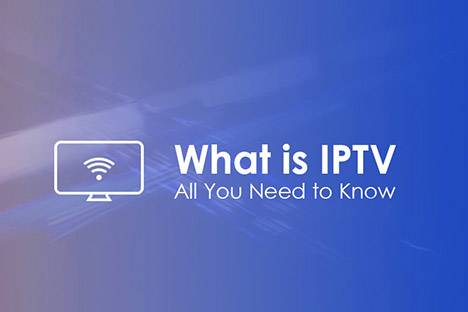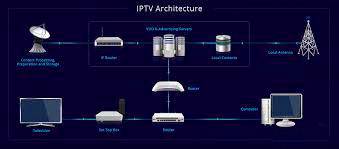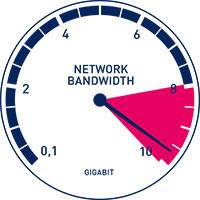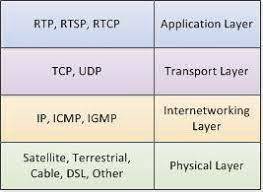What is LAN IPTV?
Lan IPTV, short for Local Area Network IPTV, is a television broadcasting service that utilizes Internet Protocol (IP) and Local Area Network (LAN) to seamlessly deliver television program content over the Internet. IPTV is quickly becoming a popular alternative to traditional cable or satellite TV services as it provides users with a more customizable and cost-effective solution.
How does LAN IPTV work?
To understand how LAN IPTV works, you must understand how traditional cable methods are used to deliver television programs. Cable TV companies transmit signals over coaxial cables, which are received by set-top boxes in users’ homes. The set-top box then decodes the signal and displays the desired channel on the user’s TV.
In contrast, Lan IPTV uses the Internet to deliver television program content. TV providers deliver programming content over a user’s Internet connection, eliminating the need for traditional coaxial cable. The program content is then converted into data packets and sent over the LAN network, which can then be received by a set-top box or IPTV-enabled TV.
What are the benefits of LAN IPTV?
There are many benefits to choosing Lan IPTV as your TV provider, including:
- Customizable packages: IPTV providers offer customizable packages that allow users to select only the channels they want to watch.
- High cost performance: IPTV subscriptions are typically less expensive than traditional cable or satellite TV services.
- high-definition: IPTV program content is usually delivered in high definition, ensuring users can enjoy their favorite programs in excellent picture quality.
- On-demand libraries: IPTV providers often offer large on-demand libraries, allowing users to watch their favorite shows or movies at any time.
- flexibility: IPTV users can watch their favorite shows from any device with an internet connection, including smartphones, tablets or laptops.
What are the disadvantages of LAN IPTV?
While there are many benefits to choosing Lan IPTV as your TV provider, there are also some disadvantages. These include:
- Internet requirements: IPTV service requires a stable, high-speed Internet connection, which can be costly and unreliable in some areas.
- Latency issues: IPTV content delivery can experience latency issues, resulting in buffering, freezing, and poor image quality.
- Complex setup: Setting up IPTV service can be more complex than a traditional cable or satellite TV setup.
- Limited availability: IPTV services are not yet widely available in all areas and may be limited to areas with robust internet infrastructure.
in conclusion
LAN IPTV can provide a customizable and cost-effective alternative to traditional cable or satellite television services. It utilizes the Internet and LAN networks to seamlessly deliver program content to users. While there are some drawbacks to this technology, for many users the benefits outweigh them. As IPTV continues to grow, it is likely to become a more popular alternative to traditional TV services.
Subscribe now: smarters-iptv-co-uk






